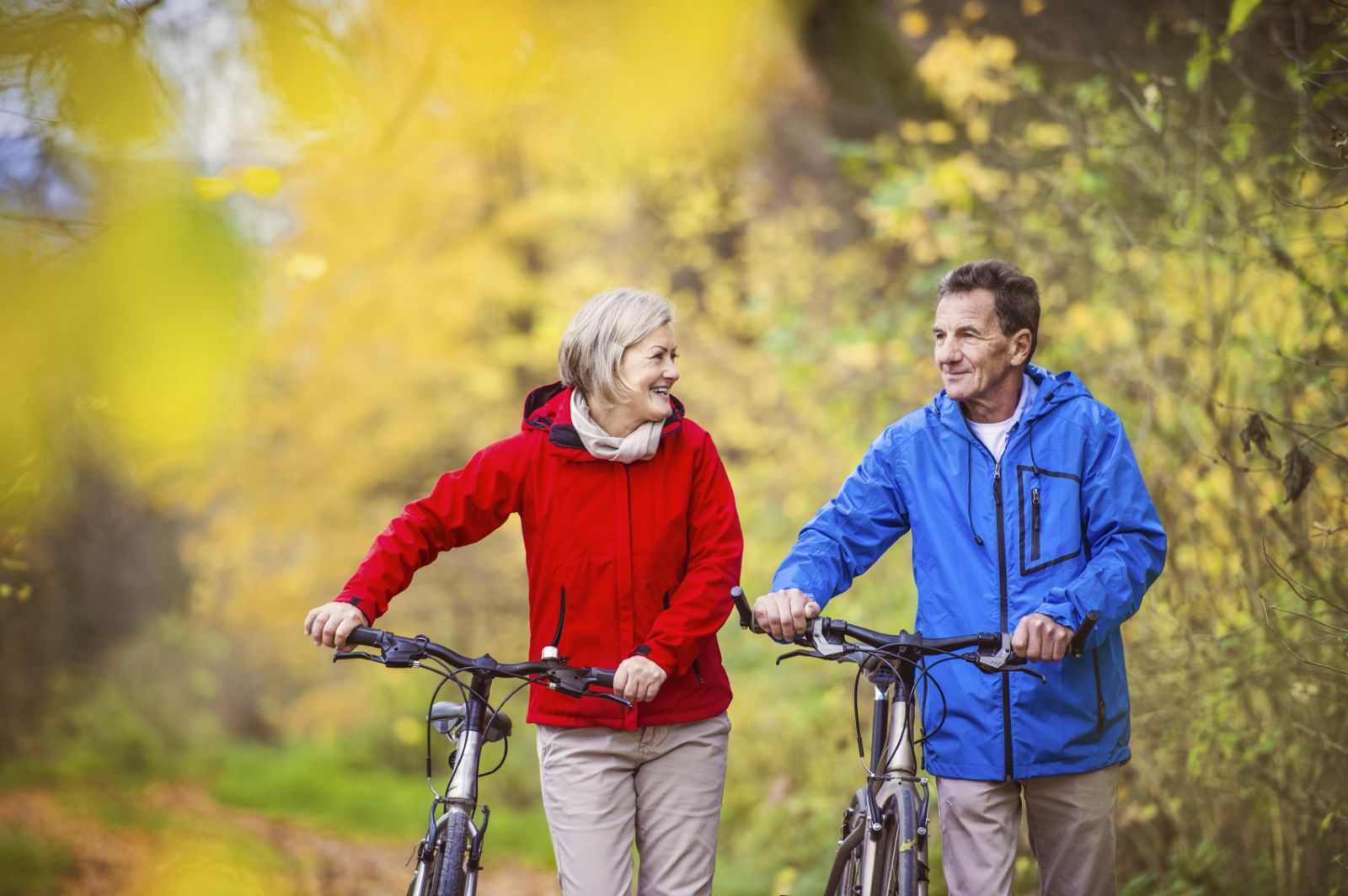
Exercise not only helps you live longer — it helps you live better. In addition to making your heart and muscles stronger and fending off a host of diseases, it can also improve your mental and emotional functioning and even bolster your productivity and close relationships. Read on for five ways in which exercise can improve your quality of life.
1. Wards off depression: While a few laps around the block can't solve serious emotional difficulties, researchers know there is a strong link between regular exercise and improved mood. Aerobic exercise prompts the release of mood-lifting hormones, which relieve stress and promote a sense of well-being. In addition, the rhythmic muscle contractions that take place in almost all types of exercise can increase levels of the brain chemical serotonin, which combats negative feelings.
2. Enhances sex life: Both libido and performance benefit from moderate to vigorous aerobic exercise. The Harvard Health Professionals Follow-Up Study found that men who exercised 30 minutes a day were 41% less likely than sedentary men to experience erectile dysfunction. Exercise helps women, too: in one study, 20 minutes of cycling boosted women's sexual arousal by 169 percent.
3. Sharpens wits: Physical activity boosts blood flow to the brain, which may help maintain brain function. It also promotes good lung function, a characteristic of people whose memories and mental acuity remain strong as they age. While all types of physical activity help keep your mind sharp, many studies have shown that aerobic exercise, in particular, successfully improves cognitive function.
4. Improves sleep: Regular aerobic exercise provides three important sleep benefits: it helps you fall asleep faster, spend more time in deep sleep, and awaken less during the night. In fact, exercise is the only known way for healthy adults to boost the amount of deep sleep they get — and deep sleep is essential for your body to renew and repair itself.
5. Protects mobility and vitality: Regular exercise can slow the natural decline in physical performance that occurs as you age. By staying active, older adults can actually keep their cardiovascular fitness, metabolism, and muscle function in line with those of much younger people. And many studies have shown that people who were more active at midlife were able to preserve their mobility — and therefore, their independence — as they aged.
To attain all the effects listed above, aim for a minimum of 30 minutes of moderate exercise, five days a week.

No comments:
Post a Comment